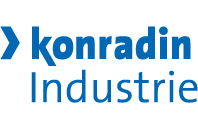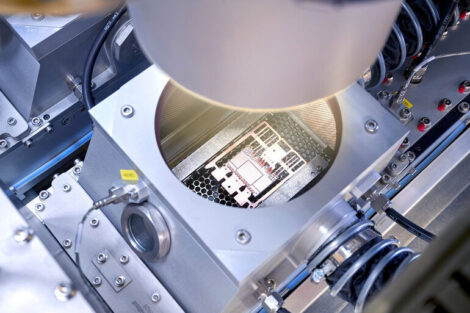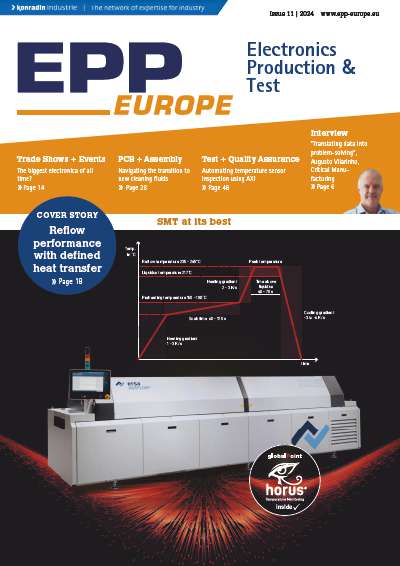Known as supplier of advanced thermal processing equipment for the electronics assembly industry, BTU is also a supplier of advanced thermal processing solutions for the alternative energy market. Two significant product launches in the photovoltaic (PV) sector in 2007 enabled the company significant impact on this buoyant and dynamic market. With businesses and homeowners increasingly being asked to look at their environmental footprint, coupled the rising cost of energy, a product that offers a combination of reduced energy costs and zero emissions will prove hard to ignore. We talk to Peter Franklin about the burgeoning market for solar panels in Europe.
Can you tell us the scale of the photovoltaic business in Europe?
Europe leads the world in both manufacture and consumption of PV panels. Spain, Greece and most significantly Germany, have benefited from government incentives to incorporate PV solutions to the electricity grid. Feed in tariffs have been reduced in Germany and Spain, but still represent a strong incentive to invest in PV. The domination of Germany as a PV user has led to a strong home grown PV manufacturing industry especially concentrated on the classic bulk silicon Solar cell. Silicon is the second most abundant raw material on earth and although the PV industry is currently facing a temporary demand versus supply imbalance of the raw material, nevertheless the future of bulk silicon solar cells seems assured.
How did BTU penetrate the photovoltaic market?
BTU has been a part of the PV sector since 1985. We were pioneers in the diffusion, APCVD coating and metallization processes and are the world’s leading supplier of inline diffusion furnaces. Since then, with increasing energy costs, growing awareness of the environment and government incentives to use alternative energies, the solar panel business has developed significantly. Three years ago BTU took the decision to expand in the PV sector to provide a healthy mix of business alongside electronics assembly. In this maturing marketplace manufacturers were very open to how we could address the challenges they faced and the issues they had with existing equipment solutions. In electronics assembly our products are always designed with cost of ownership top of the agenda and our objective here was the same to deliver a product with improved technology, whilst at the same time drive down the cost of investment in capital equipment. In 2007 we launched our new in-line diffusion system and a metallization line and in a short space of time they have made significant inroads in this sector.
Can you tell us about the in-line diffusion system?
We received the 2008 Global Technology Award in the Environmentally Friendly category for our inline diffusion system. The Meridian line furnace provides unsurpassed thermal uniformity which is key to achieving predictable, repeatable sheet resistance values. The furnace atmosphere control ensures repeatability in the overall process and a clean process environment which is enhanced by the use of quartz lined process chamber. The Meridian line offers two conveyor widths and various process chamber lengths to meet today’s throughput requirements. The diffusion system has given customers a real opportunity to increase their throughput and yield by reducing wafer handling, but also to potentially improve the process by improving thermal uniformity. There is certainly a lot of interest being generated in in-line solutions right now and customers who were looking to ramp production have seen great benefits from the switch to inline processing. They can achieve these benefits without sacrificing the critical process goal of cell efficiency.
Can you explain the partnership from BTU and DEK?
The partnership was formed in 2007 when we launched a complete metallization line, which combines our high performance drying and firing systems with DEK’s proprietary water and air cooling technology. This equipment combination forms a powerful resource for the PV sector, providing a turnkey solar cell metallization solution, balanced to operate at optimal throughput and incorporating advanced solutions to ensure maximum yield and minimum waste. The line has been optimized for high throughput and therefore yield, with the overall aim of enabling the industry to lower the cost per watt of photovoltaics. It incorporates our rapid thermal processing furnace, utilizing near infrared heating technology. The product was designed for the solar cell metallization process and used for contact drying and firing. Specialised features include the rapid heating via densely spaced tungsten halogen lamps and rapid cooling rates obtained through proprietary water cooling technology.
What are BTUs plans in 2009?
The electronics assembly industry represents the largest part of our business and remains as important as ever. Customers can expect us to be present at all the major shows in Europe and around the world, bringing our latest technology products from the Pyramax series. In terms of the PV sector this year will see some exciting developments as we launch our next generation of equipment and brand new features. These new products will be very significant for the European market and together with the products we are currently enjoying success with, they will catapult the growth of our business in this sector over the next couple of years. In terms of the exhibitions we will attend, we have not finalised the list as yet but we will certainly be at the key events to promote the launch of our new products.
EPPE 430
Share:













